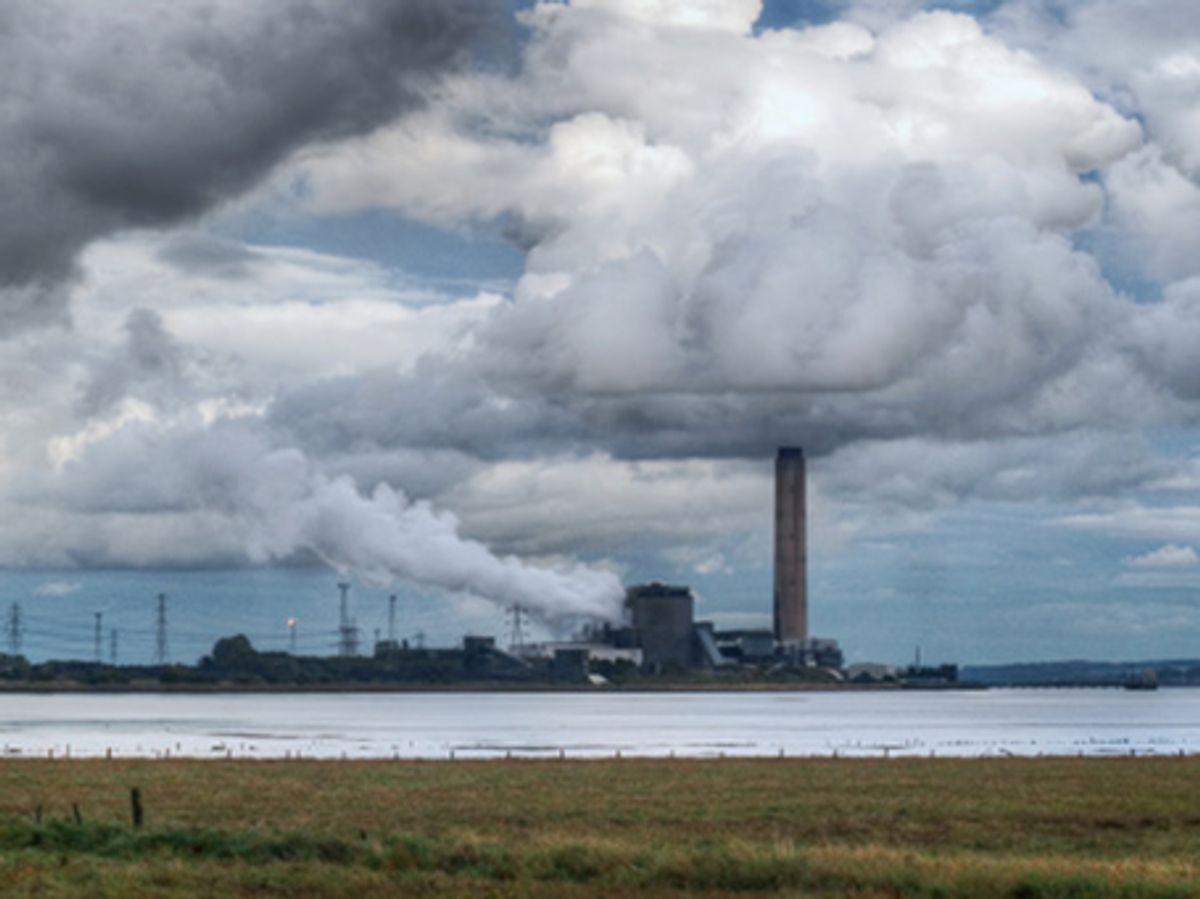The Longannet station (pictured), owned by ScottishPower, has a massive generating capacity of more than 2300 megawatts. The idea was to capture some of the CO2 emissions and bury them under the North Sea. The collapse of this project might not bode well for the United Kingdom's CCS goals, though some officials said that this was just one project and others will still follow.
According to a recent report from the UK-based Carbon Capture and Storage Association, the government has said it will back three further projects after Longannet, due to go into operation by 2018. But even before this potential problem arose, the report noted:
"The investment case for CCS remains uncertain due to the absence of a firm timetable and a clear roadmap for how these demonstrations will enable and form part of a large scale deployment of CCS in the UK."
The report also notes that most likely 20 to 30 gigawatts of CCS-fitted power plants will have to be in operation by 2030 to meet emissions targets and a growing energy demand. If the Longannet project is any indicator, such targets seem unlikely at this point. And if this sounds familiar, the United States has not fared much better on CCS to this point. There is the ongoing nonexistence of FutureGen, as well as the recent shutdown of a CCS project at a plant in West Virginia. Attitudes remain somewhat split about whether CCS will actually prove cost-effective—and just plain effective—enough to help draw down CO2 emissions, and high profile failures or postponements such as these do little to clear the picture.
(Image via Brian Smith/Flickr)
Dave Levitan is the science writer for FactCheck.org, where he investigates the false and misleading claims about science that U.S. politicians occasionally make.




